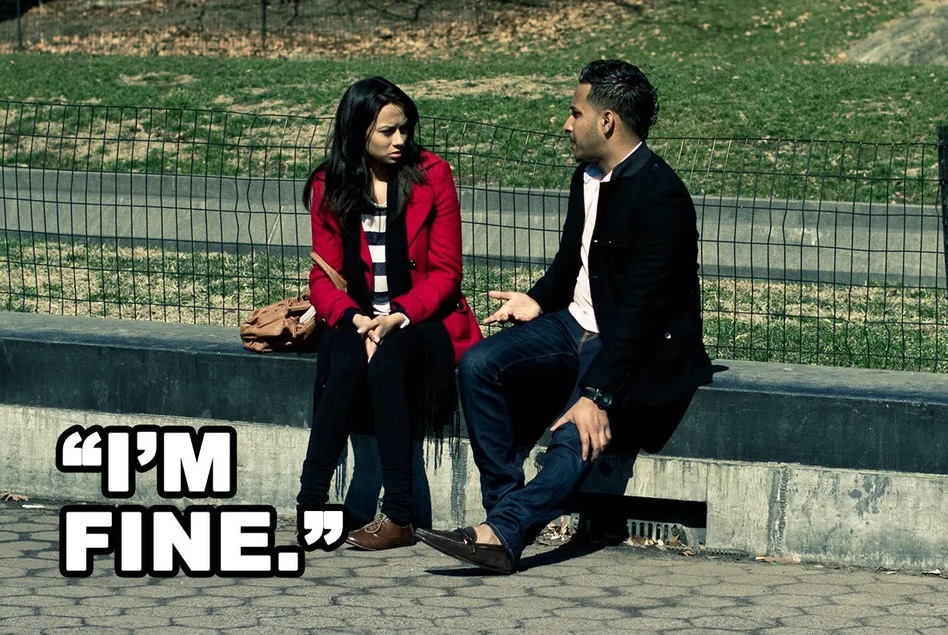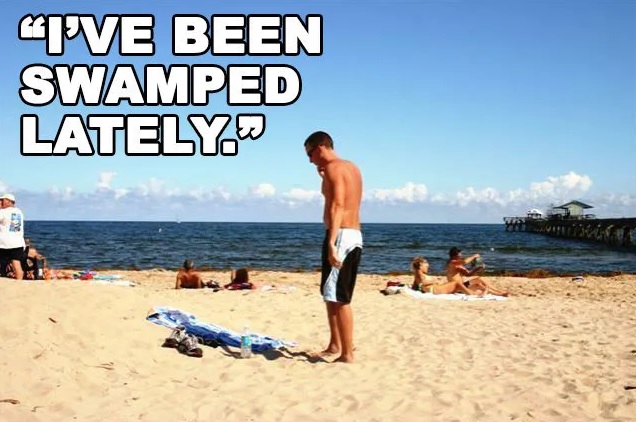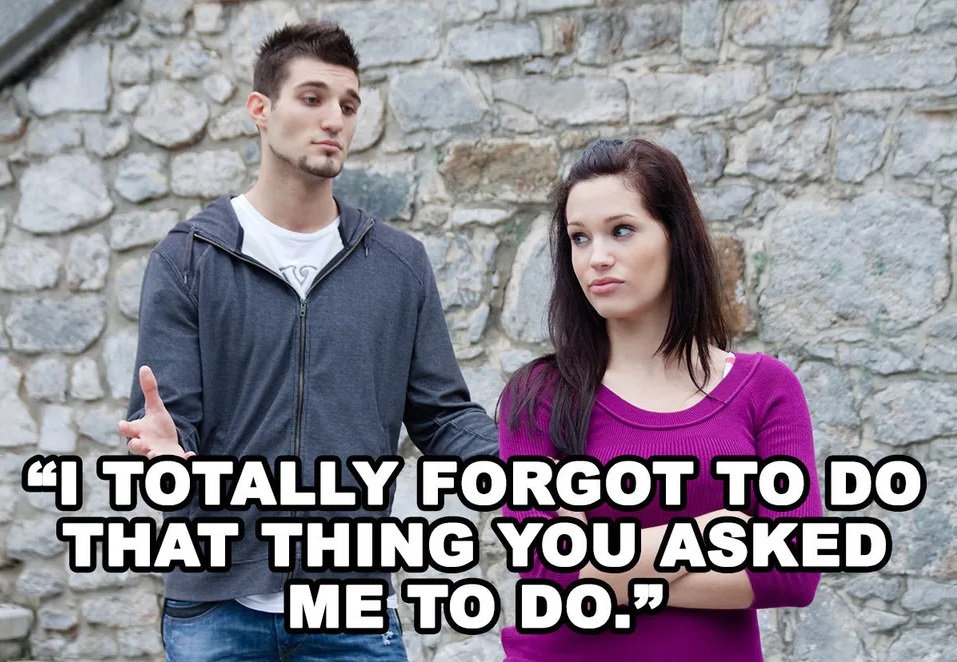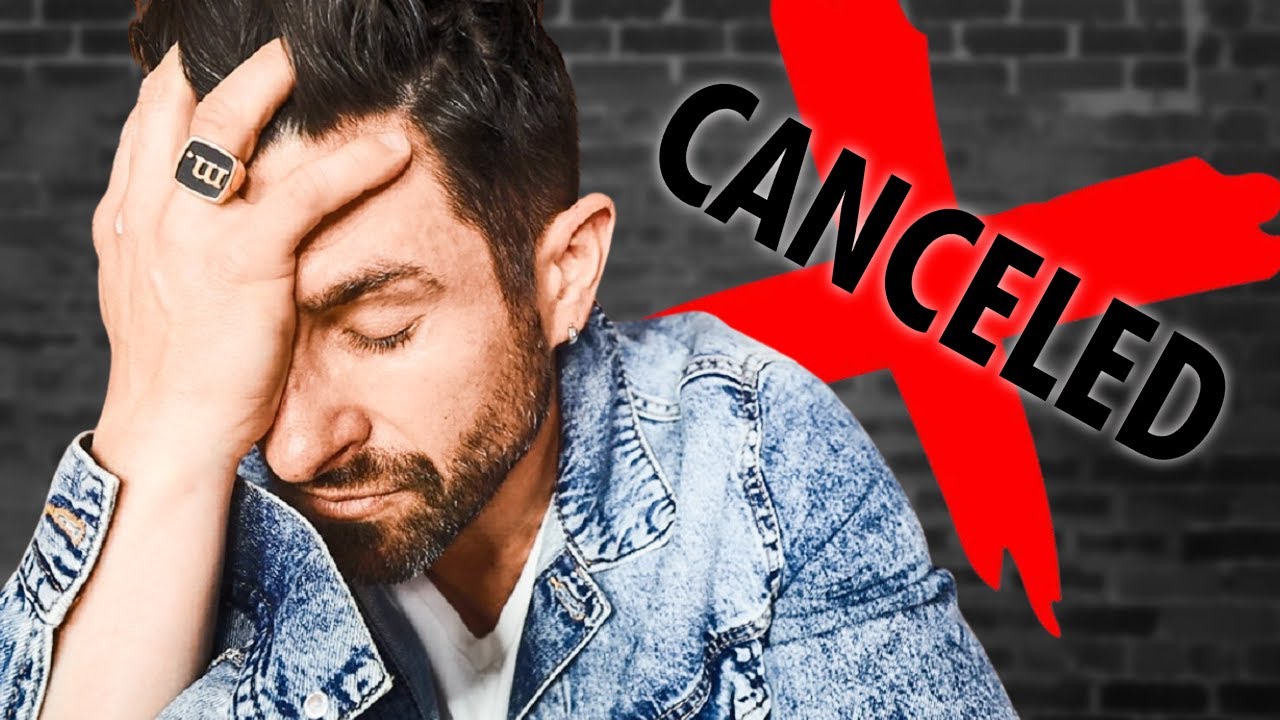White lies – I have heard practically everyone do it, from the excuse why someone was late to work to a reason why someone could not make that date. It is morally wrong to lie … sometimes. Sometimes it is morally neutral. Sometimes it is morally better to lie. There is no (sane) moral argument against white lies to avoid hurting someone. There is a moral argument that it is wrong to cause hurt to someone when you could avoid it by shutting up, especially if it costs you nothing to shut up.
So, whether white lies are wrong or not could go both ways. I understand how in many situations lying is not necessarily a bad thing. Still, I am bothered when it is unnecessary. The thing is, lying is too inherent that people dismiss it until something like adultery comes up. Also, not all lies go undetected, and once found out, they may leave a bitter taste and a loss of trust in the liar.

If someone is telling little white lies here and there, you must wonder what their morality is about telling you deeper, more convincing lies. At the same time, many people who have dealt with abusive relationships or grown up with overbearing parents naturally develop a defense mechanism of constantly lying even when they don’t need to. Their brains naturally believe white lies are necessary to avoid trouble.
The need to white lie is enforced when we receive positive responses instead of negative ones. For instance, if someone asks you if they “look fat in this?” A white lie has a two-way dynamic, which requires both the liar and the recipient of the lie to have a positive outlook on the effects of the lie. In contrast, if I ask if my cheesecake tastes good, lying may help with my ego, but the white lie gives a false sense of achievement. Honesty will help me make the cheesecake better, which is what I wanted to know.
Keep in mind that honesty does not mean being brutally honest. Sometimes honesty becomes a license to not care about other people’s feelings. I have known people who wear this aggressive honesty like a badge of pride, and sometimes it just feels completely unnecessary. If you ask me if I like your cheesecake and I don’t like it, I won’t tell you it tastes terrible. I’ll instead say something like, “It’s not my favorite,” or give advice if I have any.

I once told a friend that the shirt he bought looked ‘nice’ even though I thought it was ugly. My friend genuinely liked the shirt, and I would not hurt their confidence. Sometimes white lies depend on the situation and how you use them. So, some white lies are acceptable to spare someone’s feelings. However, white lies to save your own ass (like forgetting an important task or responsibility) are unacceptable as you will dig a deeper hole for yourself and those involved. There will be misunderstandings, arguments, frustration, and possible loss of trust in you.
White lies are the lubricant that keeps society going, as we must be practical when dealing with the real world. Lying in certain scenarios is acceptable where the truth is not helping anyone. This applies to big lies as well. Can you think of a good reason a head of a government’s defense department might lie to some foreign ambassador? I certainly can. Keep in mind the ambassador certainly wouldn’t expect the whole truth about a foreign country’s defense information. Lying to protect your country’s best interest is expected. Still a lie, but necessary.

You might also have a friend with an anxiety disorder, where white lies would not present consequences to their health like the full-on truth. It is not so much of a lie but rather a means for helping someone regain or maintain positivity.
Further, people sometimes will not understand the truth, so placing yourself in the position to give hours of explanation without being understood is not prudent or wise. We human beings are a highly imperfect species. All sorts of moral compromises become necessary to live in the real world and deal successfully with real people.
Some white lies are told to make people feel happier in the short term but may be ultimately harmful long term. These are lies like “No, I don’t think you look fat” (when you do look fat) or “We’ve decided not to offer you the job because there was a more qualified candidate” (when the real reason they are not giving you the job is that you seem too aggressive).
Then, there are white lies that can be argued to have no ultimate harm. These are lies like telling a dying person, “I’ll let your wife know you love her” (when the wife just died). To me, this lie seems moralistically defensible.
Consider this situation: Your friend just dove out in front of a truck to save a couple of kids, but the vehicle killed the kids anyway. You are holding your friend in your arms, and he asks if the kids are alright. He is going to die in a few seconds. Do you tell him he saved the kids so he can die happy, or do you tell him the truth and let him die miserable? There is really nothing that can be gained from telling the truth in this situation.
This is an extreme example, but there are many fewer extreme situations every day where a lie has no downside and can make someone feel better. I agree that there are a lot of situations where lying causes confusion, and I agree that those are times when it might be better to tell the truth. But I think you must admit that sometimes lies are better than truths.

Bullshit is the grease that keeps the machinery of society running smoothly. You are bound to encounter situations where simply telling a white lie promotes a better outcome for both parties than telling the truth. More to the point, telling the truth may not allow you to repair whatever damage the truth may have inflicted upon the recipient.
The question is: Is it worth telling the truth, or will the lie result in a better outcome in the future? Yes, there are white lies that backfire all the time. And white lies to cover your ass aren’t acceptable – you need to be accountable for your actions. Sure, you can avoid telling unnecessary information about yourself (if someone asks you a question you don’t want to answer) but don’t lie to make yourself sound better.
There are also white lies that do not backfire, and moreover, they achieve their goals by helping someone else (which is not unreasonable). The key is that you are sparing them knowledge of something that could hurt them.













